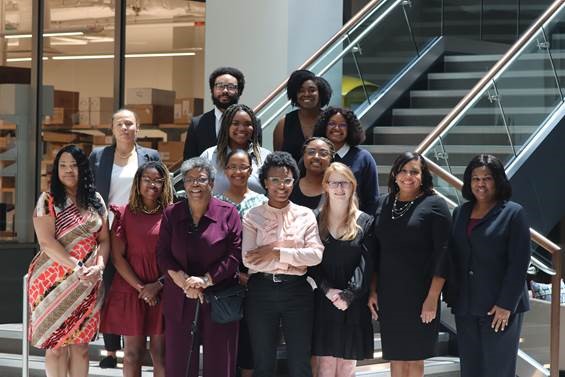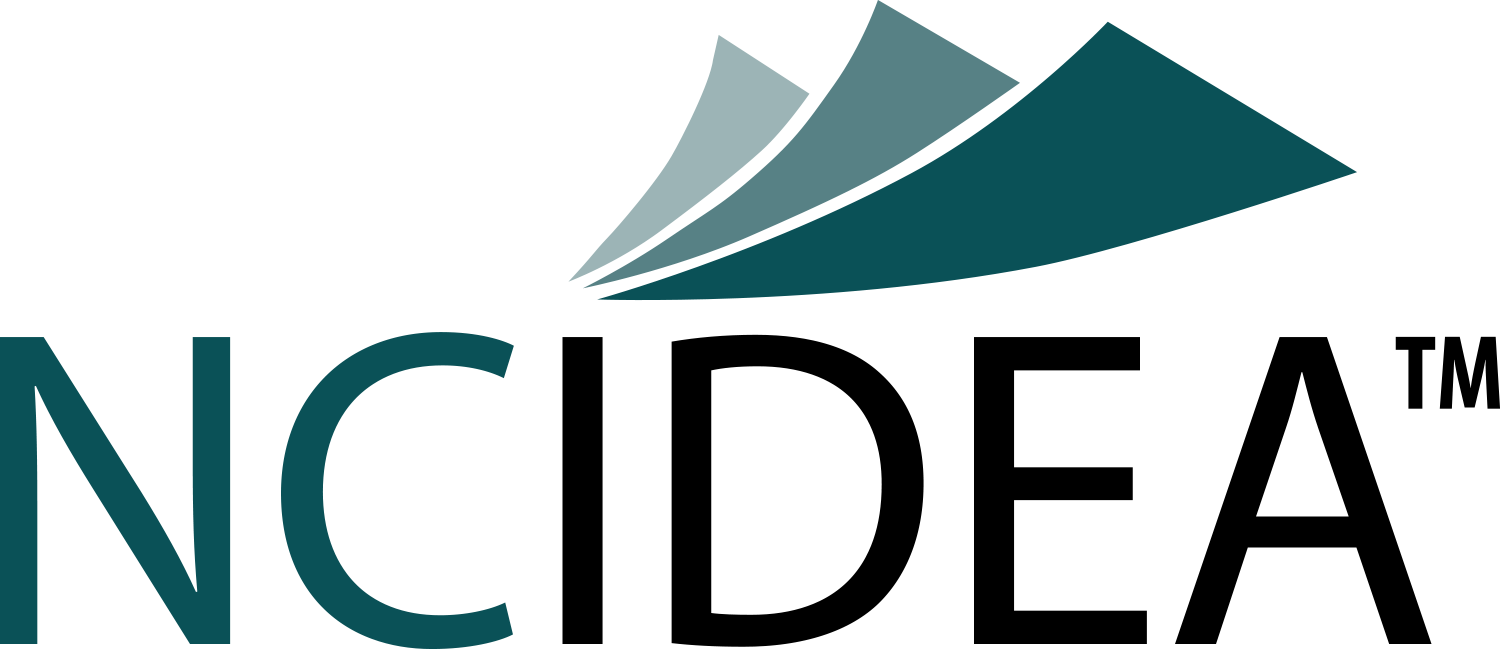
As part of our ‘Partner Spotlight’ series today, we introduce our 2022 ECOSYSTEM partner North Carolina Central University (NCCU), based in Durham, NC. NCCU is a public historically black university in Durham, North Carolina.
Published April 21, 2023
Submission Provided by: Tracie Locklear (Clinical Research Professional)
Describe your organization in 25 words or less.
North Carolina Central University prepares students to succeed in the global marketplace. Consistently ranked as a top Historically Black College or University and Best Regional University in the South by U.S. News & World Report, NCCU offers flagship programs in the sciences, education, law, business, nursing and the arts.
How does your organization support entrepreneurs?
We give students the tools to develop their own path as clinical research professionals, as such we support entrepreneurs focused on solving healthcare issues. We educate university and surrounding local community about entrepreneurial careers options in clinical research industry.

What is the biggest challenge your organization is currently facing?
We need additional partnerships and collaborations geared towards supporting our mission to develop the best-trained life science and clinical research professionals in the Research Triangle area.
Where do you see your organization in 5 years?
We see our organization as a hub of clinical research education and innovation
How has the NC IDEA #ECOSYSTEM grant helped your organization?
The funds from NCIDEA helped us to place 5 CRSP ed at Duke University for a summer internship that provided: professional development, career building, networking, interpersonal skills, patient recruitment, consenting, document management, and team building skills. Students also developed leadership and community-building skills as well. We were also able to bring in guest speakers who were entrepreneurs in the clinical research field and students were able to gain insight into how they could build their own companies to support the clinical research enterprise. This funding has allowed us to provide necessary work experience in clinical research for our students, so they can be competitive applicants after graduation. We were able to give our students hands-on training experiences and educate them about entrepreneurial careers in clinical research as well, many in our community were unaware that these opportunities even existed!
What problem is your organization trying to solve?
Our program seeks to increase the diversity in the life sciences workforce, particularly in clinical research. We provide professional development and leadership training to help students stand out and prepare them for their future careers.


